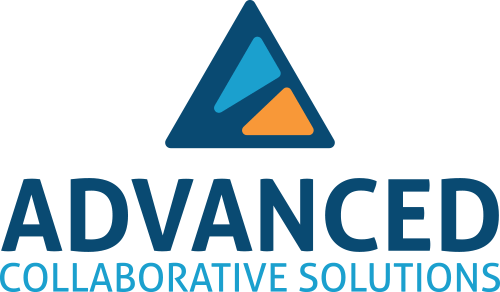4 Ways to Increase Your Instructional Leadership Influence

By: Steve Ventura
The ability to influence is an essential skill for school leaders. Through influence, leaders impact team members’ behaviors, attitudes, and actions. Leaders also build influence through growing the trust of their staff or team. This trust can be formed through subject-matter expertise, credibility, or charisma.
Today’s instructional leaders must be evaluators, evaluating the practices and impact that they and their colleagues are having on student learning, and they do this on an ongoing basis. Leaders can then develop a disposition of influence, so it is possible to question what needs to be improved and what evidence is required.
As a leader in the educational field, your ability to influence others can directly impact student learning and performance. Building trust and credibility with educators and faculty members in your school are essential to help students. Let’s explore four ways to enhance your instructional leadership influence.
Become a Student of Educational Research
Are you staying up to date on the latest educational research? By reading academic publications and current books, you can keep a pulse on trends in education and the ever-changing needs of students, as well as the research-based best practices that support student learning and teacher practice. Educational research should drive instructional design and implementation within your school.
By synthesizing key findings you read and communicating them with your team, you will expand your influence as an expert leader. You can also coach and train your team on implementing the best practices you learn in the classroom to build rapport and cohesion.
One recommendation is to read a book that may not be for educators, but the book's theme can offer crossover value to leaders wishing to extend their influence. Based on a recommendation from a colleague, I read Smart Tribes from Christine Comaford. Smart Tribes is a book about “becoming brilliant together." I advocate collaboration, so much so that we have written our book about it. In Smart Tribes, these key messages resonated with me:
- How to create an environment of inclusiveness
- How to create a climate of trust
- How to create an atmosphere of clear communication
These points go beyond educational leadership boundaries and help create a school culture teeming with additional learning opportunities. They can also be easily infused with our values, structure, and mission.
Attend Conferences and Online Events
Conferences, summits, and online events are great spaces to learn from other leaders in the educational field. They also provide an opportunity to network with other like-minded educational professionals and share best practices.
These events do take time out of your already packed schedule, but they are critical in professional growth. By modeling behaviors around the importance of professional learning, educators in your school will also start to see the importance of ongoing learning and relate it to instructional practice.
Suppose you cannot find the time to attend any events or have reduced PD budgets. In that case another great option is to listen to podcasts while you are commuting or attending webinars in between meetings and commitments.
One important by-product of attending conferences, especially with your teaching staff members, can promote your leadership credibility. Leaders cannot influence classroom innovation if they have not learned with practitioners how that innovation must be implemented, supported, and monitored. It is important to remember that leadership influence is all about shaping school culture with your team.
Write to Reflect
Schedule regular time throughout the week to write. Writing can provide an opportunity to think through your daily activities and explore what is working well and what can be improved. This type of writing allows for self-reflection, which can enhance your leadership skills and practices. Writing on a personal blog or as a contributor to a blog can also improve your brand, impacting your expert power and influence among your team. Once you implement reflective writing into your routine, encouraging your fellow educators to do the same can help create a more robust educational culture within your school.
Instructional coaching offers a perfect opportunity for both the coach and the coachee to reflect on a coaching cycle. Rather than just articulate to the coachee what was observed, the coach and the coachee can write individual reflections based on a particular portion of the coaching cycle, lesson, or co-teaching experience and then share those reflections. The same can be done with teacher evaluations, reducing the anxiety some teachers feel when they know they are being evaluated.
Create a Culture of Resiliency
Resilient organizations are sustainable organizations. They have the capacity to persist through changes and adversity and continue to evolve. By championing a culture of resiliency, you will help build your school into one that can best respond to students' changing needs and the community at large. Organizational resiliency cannot be built overnight, and it takes work, but building a resilient team and school will expand your instructional leadership influence. Determination, persistence, and effort are factors that help promote and maintain a resilient organization.
There is no set framework, checklist, or playbook for being an effective and influential educational leader. By staying on top of the latest developments and best practices in education, networking and learning from colleagues, spending time in self-reflection, and building a strong organizational culture, you will undoubtedly expand your school's credibility and influence.

